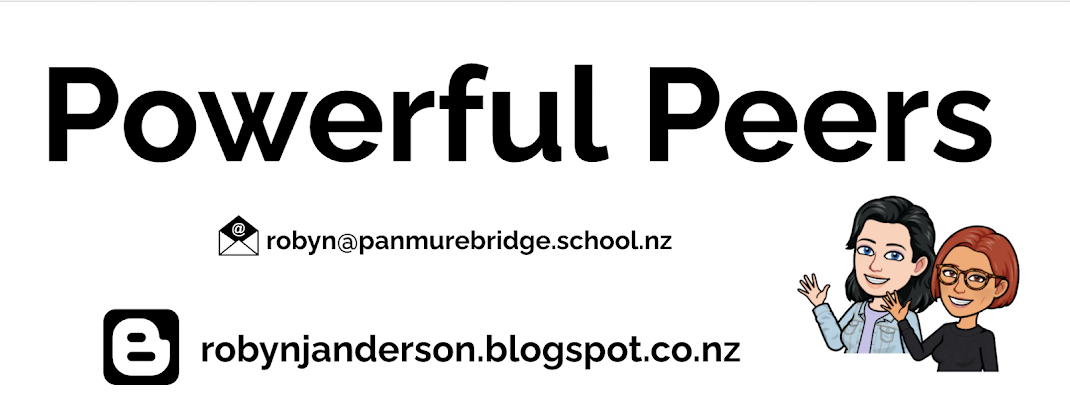This year I wanted to explore if 'strengthening connections to Smart Relationships will help our tamariki to understand and use content specific language and vocabulary in context in maths, reading and writing'
Our feedback from the Summer Learning Journey team was that our Panmure Bridge School students had strengths in blogging, however, seemed to drop the ball when it came to the commenting component. Many of our learners had either overlooked responding to comments made on their blogs, or simply replied with a thank you. So I wanted to find out why this had happened.
My thinking was that by learning how to leave feedback and ask questions of others, their own connections to the learning would be strengthened. I wanted my learners to refer to learning intentions, confidently use content specific language, ask questions that prompted the recipient to justify their thinking, and understand that giving and receiving blog comments was an important part of our learning.
Having looked closely at my target student's blogs, I noticed that learning intentions were often omitted and explanations of tasks began with 'Today we had to...', or 'Here is my DLO of...'. The detailed content and purpose for learning was actually missing from the post, and prompted questions like this one, 'Mrs Anderson how can I comment on the learning if I don't know what they were learning?'.
Before we could focus on commenting, we needed to first create quality blog posts. Once this was in place, the challenge to create dialogic comment threads began. I use the word challenge because my learners wanted a competitive element. They spoke, I listened and each week my target group and I came up with a new challenge, with the winner from the previous week having the final say.
My learners now:
- Write quality blog posts which have become the expected norm, with this group of students being quite critical of each other. The unexpected bonus of this, was that these students were also very supportive of their peers. I saw a number of posts being rewritten or edited without me intervening in any way.
- Have a shared ownership of the learning which saw the depth and regularity of comments increase as confidence levels grew.
- Seek clarity and use content specific language. This is not only evident on blogs, but has also become the norm in our classroom
Changes to my practice that my learners benefited from were:
- Regular meetings as a group
- Co-constructed blog post scaffolds with explicit connections to the learning and vocabulary
- Explicit instruction and modelling of content specific vocabulary, blog posts construction, questioning and blog comment construction.
- My learners and myself became accountable
- Commenting time was actively planned for.

No comments:
Post a Comment